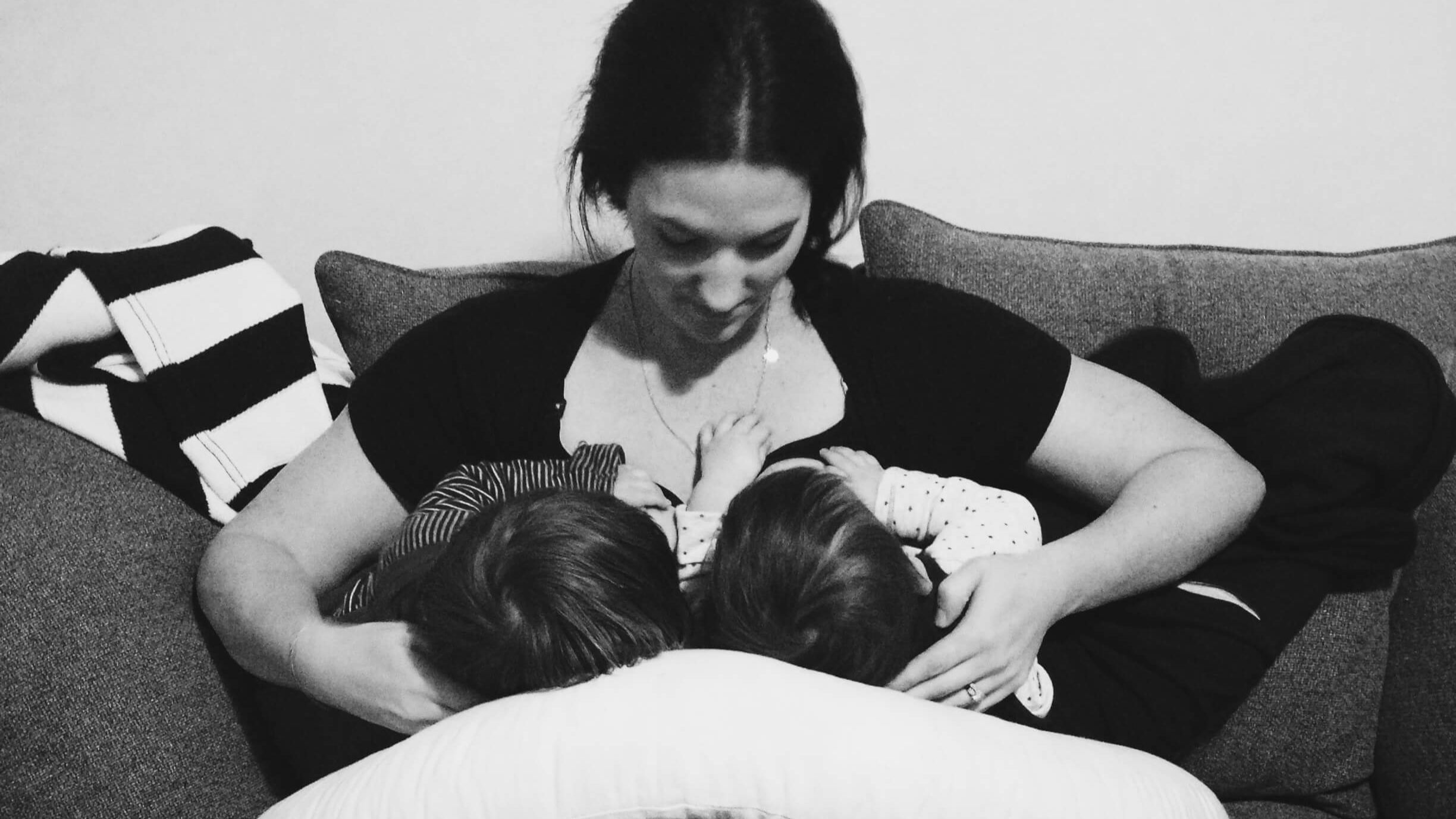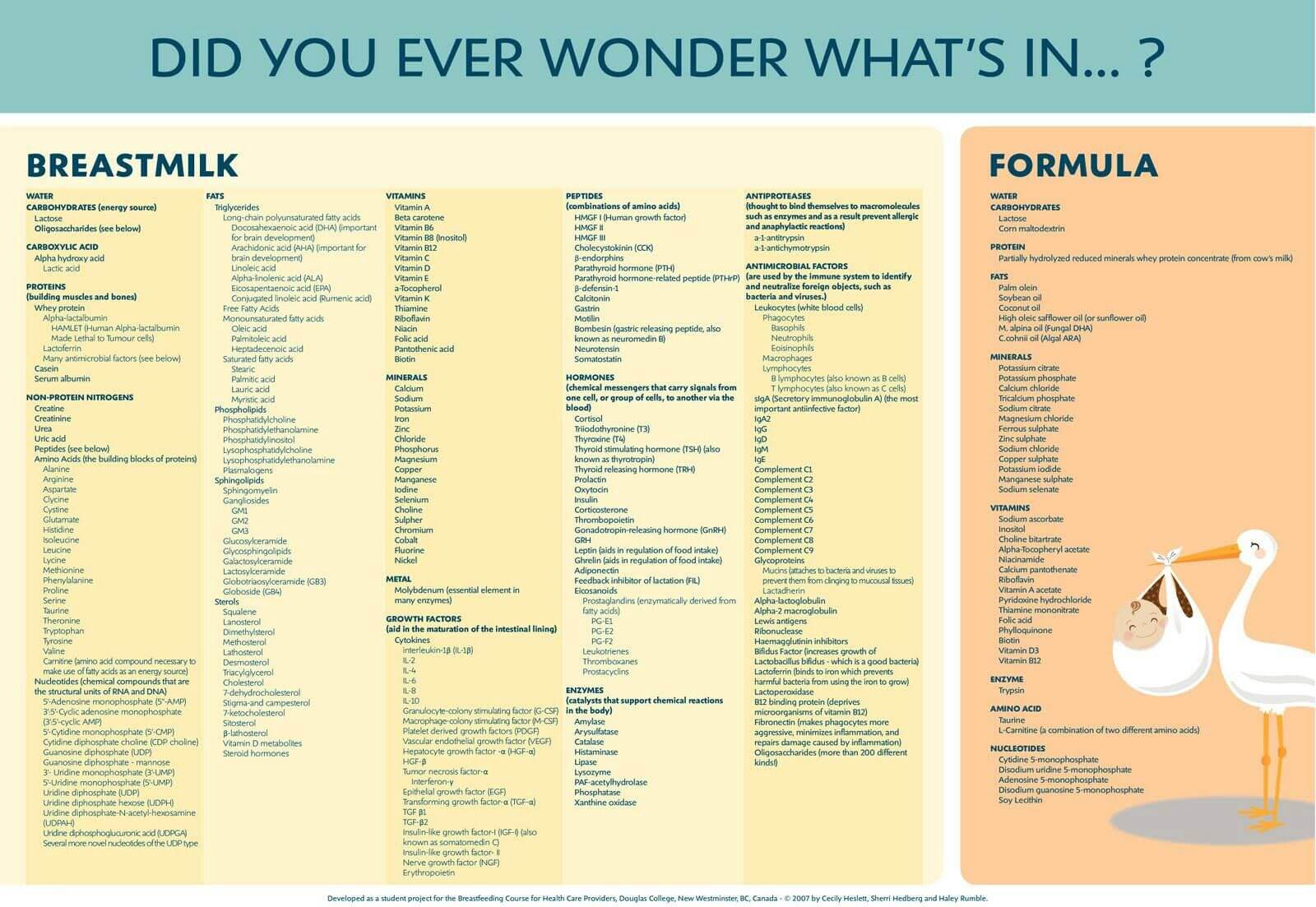Feeding Your Baby
Apr 02, 2025
Ah, the great breastfeeding vs. formula debate… It’s one of those topics most parents learn to tiptoe around. A subject known to stir up strong opinions, emotional conversations, and, sadly, a lot of guilt. Even when it’s unintentional, it can feel incredibly unnecessary.
What I’ve never really understood—and still don’t—is why people feel entitled to weigh in on how you feed your baby. Isn’t that one of the privileges of parenthood? Having the right to choose what works best for your family?
I’m a midwife, as many of you know, and a huge advocate for breastfeeding—don’t get me wrong. I exclusively breastfed all of my children until around 18 months, including twins (although my youngest decided to self-wean quite early at 9 months).
It’s widely known that breast milk is the ideal source of nutrition for babies, providing everything they need for the first six months of life. Most parents do set out with the intention of breastfeeding—but the beginning of that journey can be full of unexpected challenges.
At my workplace (and probably most hospitals and birthing centers), there’s a poster comparing the contents of breast milk and formula. The breast milk column is significantly longer. As a midwife and a mom who champions breastfeeding, even I find it disheartening. Imagine how that feels for a mother who desperately wants to breastfeed but can’t—due to low supply, inverted nipples, a baby with severe tongue-tie, or something else out of her control. Walking the halls of the postpartum unit and seeing that poster… it can be crushing.
So, here’s the question I keep circling back to: How do we find the right balance? Yes, it’s important to educate families about the benefits of breast milk—it’s superior to formula in many ways, and that message needs to be shared. But are these visual comparisons on the walls helping or hurting? Especially for the mom who already feels like she’s failing?

There’s already enough guilt and emotion when things don’t go as planned. As a midwife, I want our profession to create an environment where feeding is a supported and enjoyable experience—free from added pressure. But I’ll be honest, I don’t have all the answers yet.
In my prenatal classes, during the “Feeding Your Baby” week, I always say: If you’re able to breastfeed, that’s wonderful. But try to let go of the pressure and expectations. If breastfeeding doesn’t work out, your journey shouldn’t be defined by stress. The pressure from society, healthcare providers, family members… it doesn’t help.
I wish we could shift the conversation. Sure, I’d love for every baby to be breastfed—but that’s not always realistic. Just like birth, the feeding journey often involves things we can’t control.
What I do believe, wholeheartedly, is this: at the end of the day, the goal is that your baby is fed—whatever that looks like for you. And the mental health of the parent is just as important as the baby’s nutrition.
Feeding is such a central part of those first few precious months. It should be a joyful experience—for both baby and mama—free of guilt and full of support.
I’d love to hear your thoughts and personal experiences on this important topic.
With love,
C x
